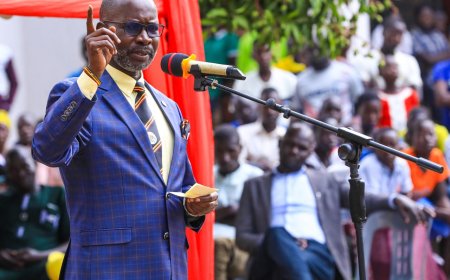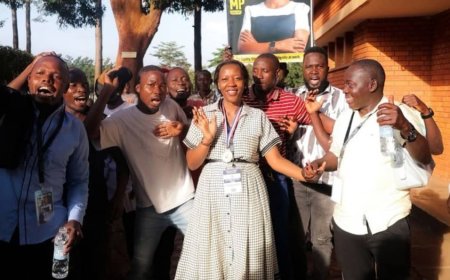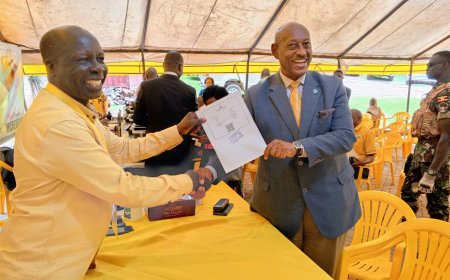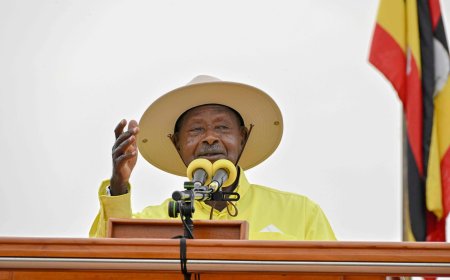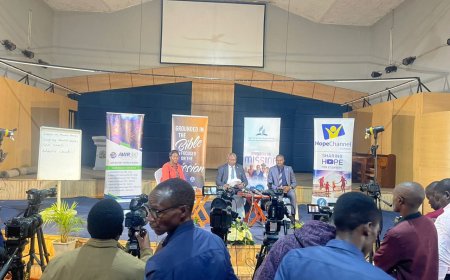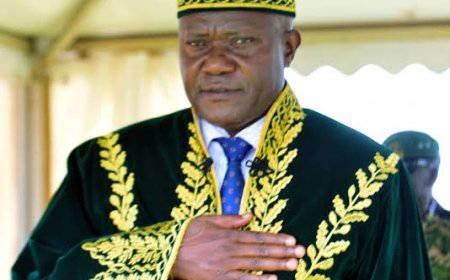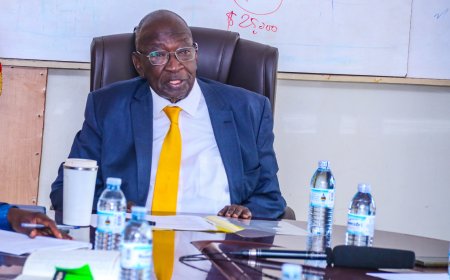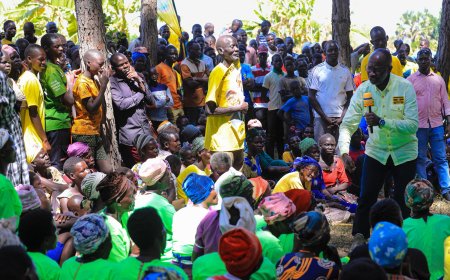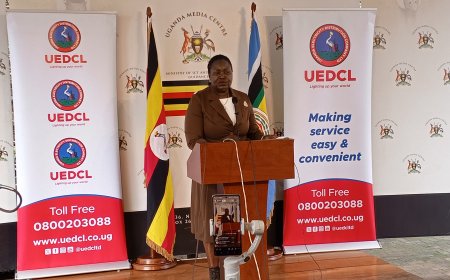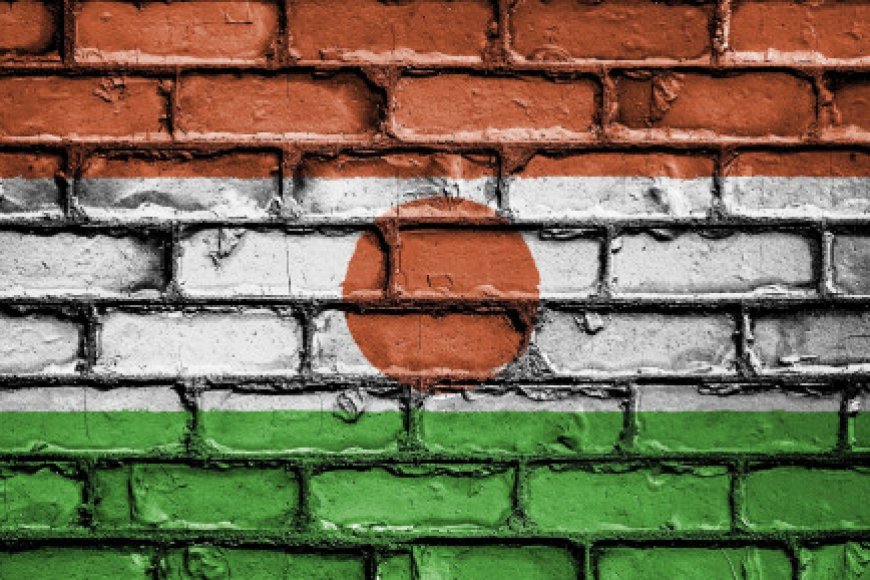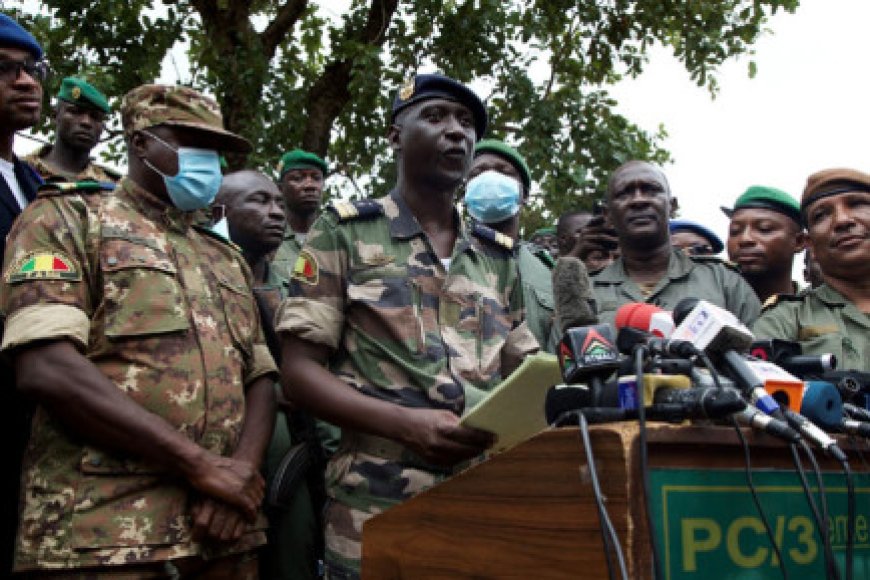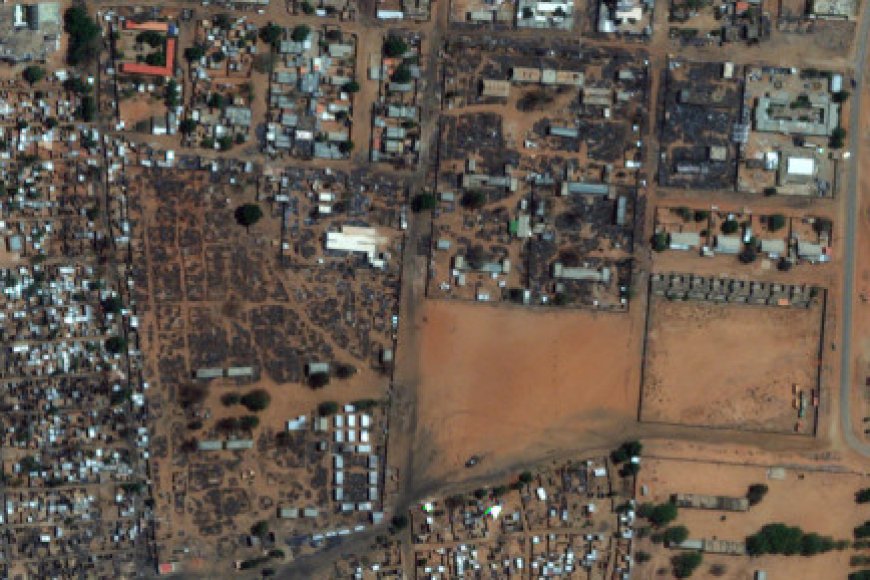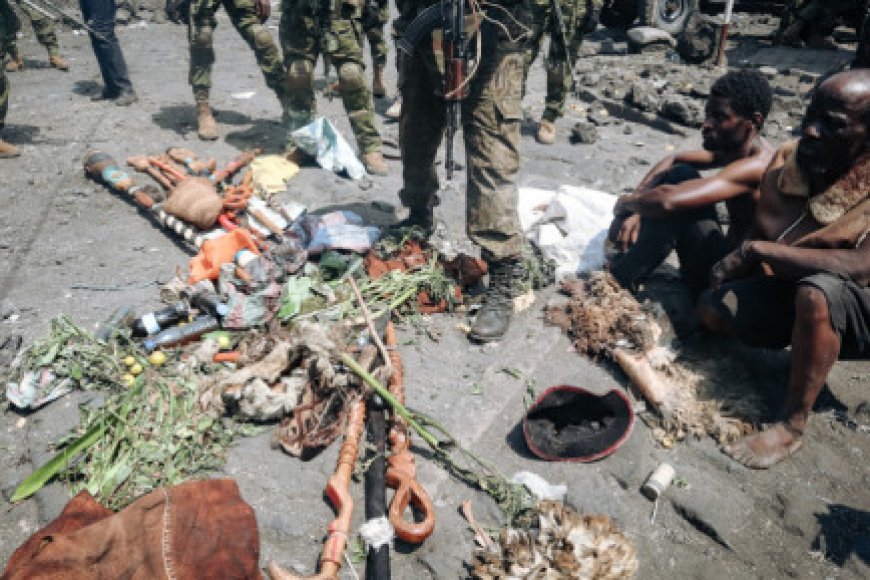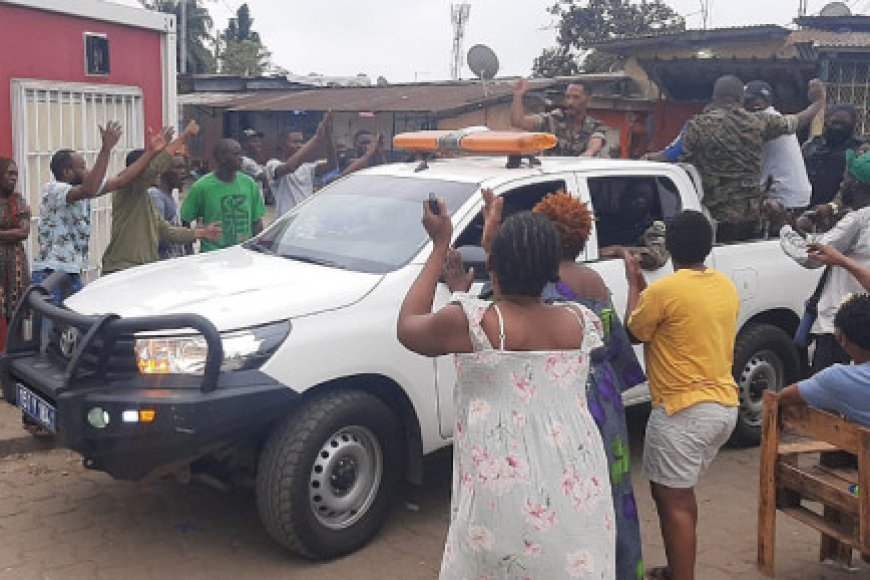Germany to pull troops from UN Mali mission by May 2024
Germany will withdraw its troops from the UN's peacekeeping mission in Mali by May 2024, a government spokesman said Tuesday, becoming the latest country to announce its pullout from the jihadist-hit country.
BERLIN - Germany will withdraw its troops from the UN's peacekeeping mission in Mali by May 2024, a government spokesman said Tuesday, becoming the latest country to announce its pullout from the jihadist-hit country.
The government will propose to parliament that Germany's commitment to the MINUSMA operation be extended "in May 2023 for the last time by a year, in order to bring this mission to a structured end after 10 years," spokesman Steffen Hebestreit said in a statement.
The decision had particularly taken into account Mali's planned elections in February 2024, he added, following talks between Chancellor Olaf Scholz and his coalition partners the Greens and liberal FDP.
The German military have been in Mali since 2013, with a presence of up to 1,400 soldiers as part of the MINUSMA mission, mostly based near Gao in the north.
But they faced increasing difficulties in recent months, repeatedly having to suspend reconnaissance patrols after being denied flyover rights by the ruling junta.
There have been growing tensions between the UN mission and Mali's military rulers following the alleged arrival of Wagner operatives from Russia to bolster government forces.
'SAFETY'
"We want to leave Mali in an orderly way, without neglecting the transition process," Defence Minister Christine Lambrecht said in a speech at the Federal Academy for Security Policy.
"We will remain on the ground beyond the election date but we will begin with the withdrawal in the summer (of 2023)," she said, adding that the move meant "safety for our soldiers".
Lambrecht cited flyover rights and the involvement of Wagner as two reasons for the withdrawal, but said it would be "irresponsible" to abandon the region.
The German army "will also be involved in Niger", where officials have said they will not work with the Russian operatives, Lambrecht said.
Last week, Britain and Ivory Coast announced they were withdrawing from MINUSMA, one of the UN's biggest operations, and other countries have made similar announcements in recent months.
France this year withdrew its troops from the former French colony, deployed separately under its Barkhane anti-jihadist mission in the Sahel. The force had helped provide air support for MINUSMA.
The German troops were mainly involved in conducting reconnaissance. But the defence ministry said last week that Mali had not granted the required permissions for its drones since October 11.
COALITION ROW
A government source had told AFP last week that the pullout would take place by the end of 2023.
But the decision on withdrawing from the UN mission, and the precise timing, had caused tensions within Germany's ruling coalition, local media reported.
Lambrecht, who belongs to Scholz's Social Democrats, and the military had been pushing for a withdrawal for months, arguing Mali's military rulers were stopping Berlin's troops from carrying out their mission, Der Spiegel reported.
But Foreign Minister Annalena Baerbock of the Greens party argued against a pullout, saying the mission was necessary to protect the country's civilian population and would dent Germany's international standing.
The UN mission was created in 2013 to help stabilise the country, which was facing jihadist violence in its north, which had spread to neighbouring countries.
Mali's elected president, Ibrahim Boubacar Keita, was toppled in August 2020 by officers angered at the failures to roll back a jihadist insurgency that has claimed thousands of lives and driven hundreds of thousands from their homes.
The following year, the military forced out an interim civilian government and started to forge closer ties with the Kremlin.
The UN Security Council renewed its MINUSMA mandate for one year on June 29, although the junta opposed requests to allow freedom of movement for rights investigators with the mission.
